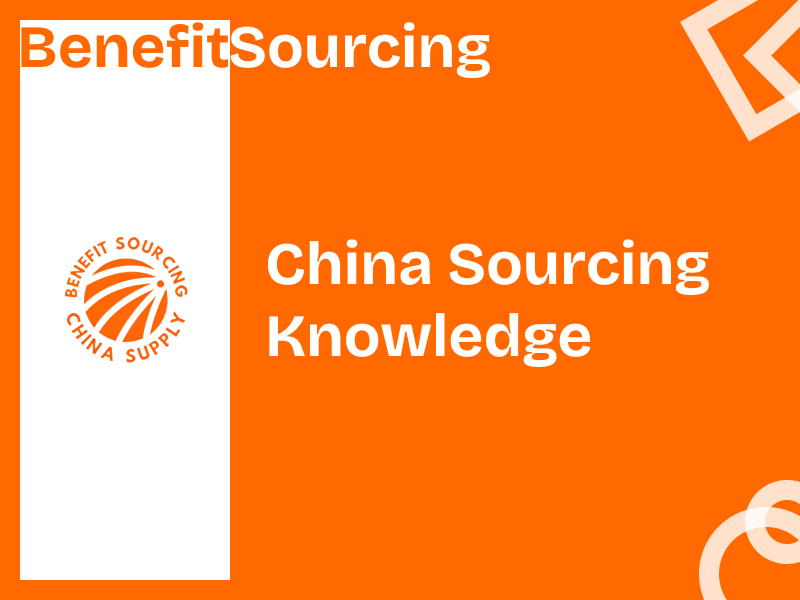Essential Tools and Platforms for Supplier Verification

When sourcing products from China, verifying supplier credibility is a critical step to avoid scams, quality issues, or logistical nightmares. For small businesses and e-commerce sellers with limited resources, these tools and platforms simplify due diligence and minimize risks.
1. Third-Party Verification Platforms
Alibaba.com Supplier Verification
- Trade Assurance: A free program offering payment protection and quality guarantees for orders fulfilled through verified suppliers.
- Gold Supplier Badges: Suppliers undergo annual audits by third parties to confirm business licenses, production capacity, and operational stability.
- Transaction History: Check supplier response rates, order completion timelines, and buyer reviews spanning multiple years.
Global Sources
This B2B platform requires suppliers to provide factory audits, product certifications (e.g., ISO, CE), and video tours of production facilities. Its “Verified Supplier” label indicates compliance with international standards.
Dun & Bradstreet (D&B)
Access business credit reports covering a supplier’s financial health, legal disputes, and ownership structure. Paid plans start at $99/month.
2. Government and Industry Databases
China’s Official Company Registry
Visit the National Enterprise Credit Information Publicity System (http://www.gsxt.gov.cn) to verify a supplier’s:
- Business registration status
- Registered capital
- Operational scope
- Legal representative details
Use browser translation tools like Google Translate to navigate the Chinese-language interface.
AQSIQ Certification Checks
Suppliers of electronics, toys, or machinery must hold certifications from China’s General Administration of Quality Supervision, Inspection, and Quarantine (AQSIQ). Cross-check certification numbers on the AQSIQ website.
Customs Data Providers
Services like ImportYeti or Panjiva analyze Chinese customs records to:
- Confirm export volumes
- Identify a supplier’s existing clients
- Detect inconsistencies in claimed production capacity
3. Sample Order and Inspection Services
Third-Party Inspection Companies
Hire firms like AsiaInspection, SGS, or Bureau Veritas to:
- Conduct factory audits ($300–$500)
- Perform pre-shipment quality checks ($200–$400)
- Test products for safety compliance (prices vary by product type)
Platforms for Small-Batch Sampling
Use 1688.com (Alibaba’s domestic platform) or CJdropshipping to order low-cost samples (often $5–$20 per item) before committing to bulk purchases. These platforms handle negotiations and shipping logistics.
4. Communication and Contract Tools
Cross-Border Payment Protections
- PayPal Goods & Services: Offers dispute resolution and refunds for undelivered or misrepresented items (processing fee: 3.49% + $0.49).
- Escrow.com: Holds payments until buyers confirm satisfactory delivery (fee: 0.89–1.25% depending on transaction size).
Smart Contract Platforms
Tools like Pactum or Ironclad help draft legally binding agreements covering:
- Quality specifications
- Delivery deadlines
- Penalties for non-compliance
Many platforms provide templates compliant with Chinese and international trade laws.
Real-Time Translation Apps
- Google Translate: Use the camera mode to scan Chinese contracts or product labels.
- iTranslate Voice: Converts spoken English to Mandarin during video calls with suppliers.
5. Logistics Tracking Solutions
Integrated Shipping APIs
Platforms such as Shopify or WooCommerce sync with logistics providers like SF Express or DHL to provide:
- Real-time shipment tracking
- Automated customs clearance updates
- Delivery delay alerts
Freight Forwarder Verification
Check freight partners on the Federal Maritime Commission (FMC) database (for U.S.-bound shipments) or International Federation of Freight Forwarders Associations (FIATA) membership lists.
6. Community-Driven Insights
Reddit and Quora Forums
Join subreddits like r/Entrepreneur or r/eCommerce to crowdsource supplier feedback. Search for “[product type] + China supplier scam” to identify red flags.
LinkedIn Cross-Referencing
Search for supplier representatives on LinkedIn to:
- Validate employment history
- Identify connections to known industry professionals
- Spot fake profiles (e.g., accounts created recently with few connections)
Industry-Specific Groups
Facebook groups like China Importing Tips or E-commerce Sellers Association often share blacklists of unreliable suppliers and factories.
Key Verification Metrics to Prioritize
- Business Longevity: Suppliers operating for 5+ years are generally more reliable than new entrants.
- Certifications: Look for ISO 9001 (quality management) or BSCI (social compliance) certifications.
- Responsiveness: Suppliers answering inquiries within 24 hours typically prioritize client relationships.
- Financial Transparency: Hesitancy to share bank account details or company registration documents often signals potential fraud.
By combining these tools with a structured verification process, small businesses can systematically evaluate suppliers while conserving time and budgets. Start with free checks (e.g., Alibaba badges, customs data), then invest in paid inspections for high-value orders.
Need a sourcing agent in China?
Just send us your demand with the form below.